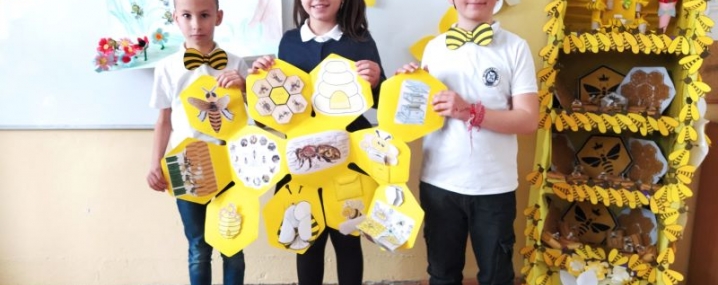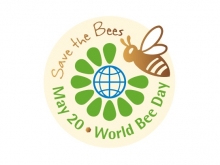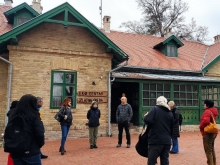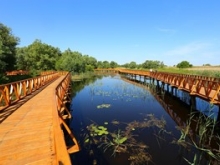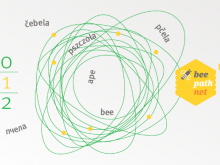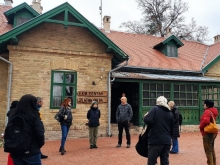
Sosnowiec
Over 59% of Sosnowiec’s territory is build-up and urbanized however parks, lawns, riverside boulevards, greenery near communication routes and industrial plants, estate greenery, allotment gardens and forests cover ca. 20% of the city’s area. However, the green space per capita is bigger in Sosnowiec than in other big and medium-sized Polish cities. There are many significant natural areas in Sosnowiec. Two parks are listed on the Silesian provincial register of monuments and 63 natural monuments can be found in Sosnowiec.
There is an ongoing largest park revolution in history of the city. We are creating an opportunity for active recreation and spending leisure time next to your home which is another step to make the city friendly to its residents. The inhabitants of Sosnowiec and the Silesian region are amazed with the results of the Millennium Park’s renovation where beautiful educational paths were created and which bees and other wild pollinators call home. The new Fusiński Park of Biodiversity is located almost in the neighborhood. Over 47 000 shrubs and trees were planted there. The park with its ponds, insect houses, bat boxes and nest boxes for birds is one of the most shining jewels in the city’s ecosystem. In 2022 the new environmental investment will be completed. The Exotarium (Center of the Ecological Education) located next to the Fusiński Park of Biodiversity will be the most important tool to educate, raise awareness of the residents, maintain local biodiversity and present various ecosystems of the world and their importance for the humankind.
In the 1990s Sosnowiec began the economic transformation process from an industrial hub dominated by heavy industry and coal mining into a commercial, service and production center. These changes are reflected in the improvement of the natural environment however still one of the most important challenges faced by the city is the urgent need to improve the air quality. The biggest problem is the significant exceedance of air pollution limits in the winter months when residents in their households use poor quality fuel and use obsolete and non-ecological installations. City authorities undertake a number of activities (financial, awareness raising, educational) aimed at changing the behavior of residents who care little about the quality of the local natural environment and significantly contribute to its degradation.
Sosnowiec, as a city with rich industrial history, has no agricultural and beekeeping traditions. However, the local authorities that set the goal of transforming the city into a green and resident friendly one, undertake actions that create friendly conditions for bees and other wild pollinators. Parks are renovated and new ones created, melliferous plants and flower meadows are planted, Municipal institutions of culture have started educational and awareness raising activities encouraging residents to set up bee hives in their home gardens and to take care of greenery in the city.
SOME RELATED NETWORKS
BeePathNet Reloaded
Article
Celebrating World Bee Day 2022 under the motto “Bee Engaged: Celebrating the diversity of bees and beekeeping systems”
Article
The second newsletter is all abuzz about Biodiversity
Article
Biodiversity in cities depends on pollinators as much as on responsible residents
News

